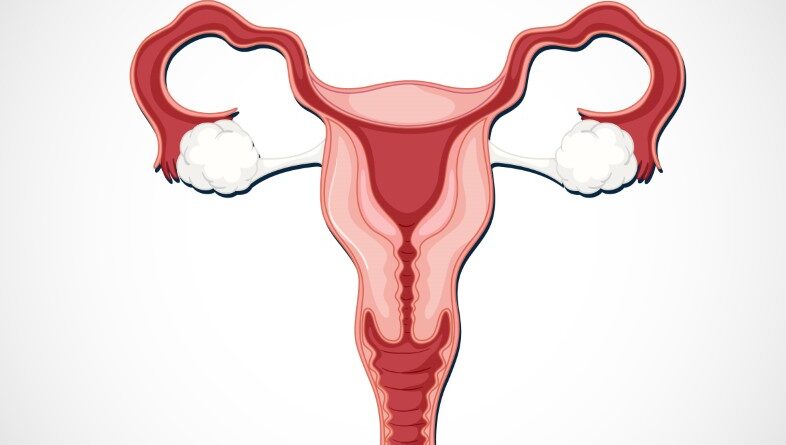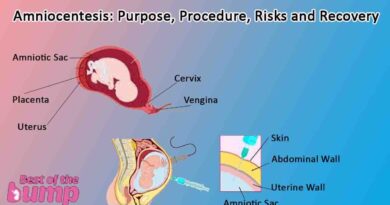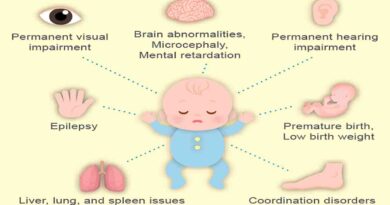Ectopic Pregnancy: Symptoms, Causes and Treatments
Ectopic pregnancy is a severe medical condition in which a fertilized egg implants itself outside the uterus, usually within the fallopian tubes. This potentially life-threatening condition requires prompt medical attention, as it can lead to severe complications if left untreated. In this article, we will explore the symptoms, causes, and various treatment options for ectopic pregnancy.
Symptoms of Ectopic Pregnancy

Ectopic pregnancy often presents with a range of symptoms that can vary in intensity. It is important to recognize these signs early on to ensure timely intervention. Some of the common symptoms include:
- Abdominal Pain: Sharp or stabbing pain in the pelvic region or abdomen, often on one side, is a hallmark symptom of ectopic pregnancy. The pain may come and go or persist and worsen over time.
- Vaginal Bleeding: Light to heavy vaginal bleeding, which may be accompanied by clotting, can occur in cases of ectopic pregnancy. This bleeding may be mistaken for a regular menstrual period, causing a delay in diagnosis.
- Shoulder Pain: Unexplained shoulder pain might occur due to internal bleeding irritating the diaphragm. This unusual symptom should raise concern and prompt medical evaluation.
- Dizziness and Fainting: Ectopic pregnancies can cause internal bleeding, leading to a drop in blood pressure, dizziness, and even fainting.
- Gastrointestinal Symptoms: Nausea, vomiting, and diarrhea might accompany other symptoms, making it challenging to distinguish ectopic pregnancy from other gastrointestinal issues.
- Painful Urination or Bowel Movements: Some women may experience pain or discomfort while urinating or having bowel movements, which can be indicative of an ectopic pregnancy.
Causes of Ectopic Pregnancy
Understanding the underlying causes of ectopic pregnancy is crucial for prevention and early detection. While exact causes may vary, several factors contribute to this condition:
- Fallopian Tube Abnormalities: Damage or inflammation in the fallopian tubes can hinder the proper movement of the fertilized egg toward the uterus, leading to its implantation in the tubes.
- Hormonal Imbalances: Hormonal irregularities, often related to conditions like endometriosis or polycystic ovary syndrome (PCOS), can disrupt the regular migration of the fertilized egg.
- Previous Reproductive Health Issues: A history of pelvic inflammatory disease, sexually transmitted infections, or previous ectopic pregnancies increases the risk of future ectopic pregnancies.
- Tubal Surgery or Procedures: Surgical procedures involving the fallopian tubes, such as tubal ligation or fertility treatments like in vitro fertilization (IVF), can increase the risk of ectopic pregnancies.
- Contraceptive Methods: While rare, ectopic pregnancies can occur even with the use of contraception, such as intrauterine devices (IUDs).
Treatment Options
Timely diagnosis and appropriate treatment are vital to prevent complications associated with ectopic pregnancy. The chosen treatment approach depends on factors like the woman’s health, the location of the pregnancy, and the presence of bleeding. Common treatment options include:
- Medication: If the ectopic pregnancy is detected early and the fallopian tube has not ruptured, a medication called methotrexate may be administered. This medication stops the growth of the pregnancy and allows the body to absorb it gradually.
- Surgery: In cases of rupture or if the pregnancy is further along, surgical intervention becomes necessary. The surgeon may opt for laparoscopic surgery to remove the ectopic pregnancy while preserving the fallopian tube. In some cases, when the tube is severely damaged, removal may be unavoidable.
- Expectant Management: If the ectopic pregnancy is at a very early stage and stable, a watchful waiting approach may be adopted, with regular monitoring through blood tests and ultrasounds.
- Emotional Support: Dealing with an ectopic pregnancy diagnosis can be emotionally challenging. Support from healthcare professionals, counselors, and support groups can aid in managing the psychological impact.
Prevention and Outlook
While not all ectopic pregnancies can be prevented, specific steps can minimize the risk. Maintaining good reproductive health, addressing sexually transmitted infections promptly, and avoiding tobacco and illicit drug use are crucial. Regular check-ups and early prenatal care can help detect and manage ectopic pregnancies more effectively.
Ectopic pregnancy is a serious condition that demands prompt attention and proper treatment. Recognizing the symptoms, understanding the causes, and exploring the available treatment options are essential for safeguarding women’s reproductive health. With advances in medical technology and increased awareness, the outlook for managing ectopic pregnancies continues to improve, offering hope for affected individuals and their families.




